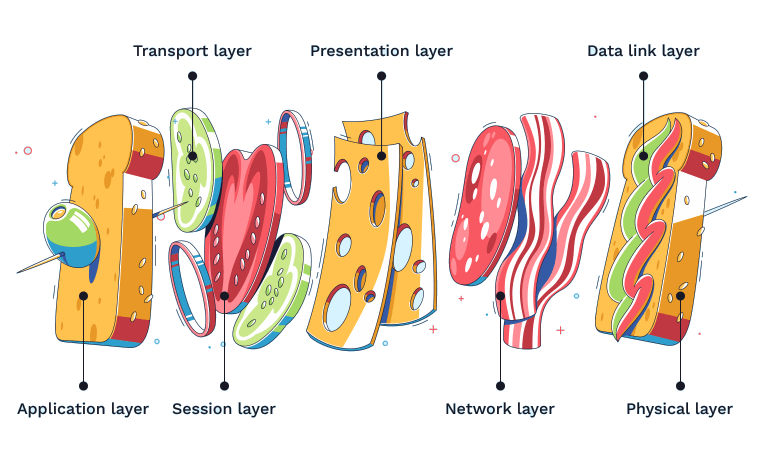
How does IP work?
All computers, tablets, smartphones, and devices connected to the Internet have a unique IP address or Internet protocol, used for identification and communication.
Hide your IP address to stay more private and secure online
How do IP addresses work?
The same way as any other language; they communicate using set guidelines to pass information. All types of devices find, send, and exchange information with other connected devices these protocols. That’s why any computer from any location can “talk” to one another; they are “speaking” the same language.


Why should you hide your IP?
Hiding your IP address keeps critical location data such as your city, country, state, and ZIP code private and secure.
Hide your IP address to help keep your location data safe!
Hiding your IP address is something that you can do in defense of your personal information and online identity. Avoid activity tracking and information theft by using a different IP address than that assigned to your device.

What is TCP/IP?
-

I often hear about TCP/IP, what is it?
Transmission Control Protocol/Internet Protocol is the basic communication system for the Internet. Every device connected to the Internet gets a copy of the TCP/IP program.
-

How do the OSI model and sandwiches come into the picture?
The Open Systems Interconnection (OSI) model is a communication system for networks. The OSI model has 7 layers. IP addresses and routing protocols are part of layer 3.

What is the difference between IPV4 and IPV6?
The Internet Protocol Version 4(IPv4) is protocol for use on packed-switched Link Layer networks (e.g. Ethernet). IPv4 provides an addressing capability of approximately 4.3 billion addresses. The Internet Protocol version 6 (IPv6) is more advanced and has better features when compared to IPv4.
| TCp IP 4 | TCp IP 6 | |||
|---|---|---|---|---|
| Deployed | 1981 | 1999 | ||
| Address size | 32-bit number | 128-bit number | ||
| Address format | Dotted decimal notation | Hexadecimal notation | ||
| Prefix notation | 192.149.0.0/24 | 3FFE:F200: |

Ok, got It. But, what about the classes of IP addresses?
There are five IP address classes. These are classes A, B, C, D and E. The first three classes A, B and C, are commonly used as host addresses. Classes D and E are rarer and represent multicast and research addresses, respectively.
More on IP addresses and how they work

How do I change my IP address?
Internet users all over the world are becoming more knowledgeable and are in better control of their online security.
What can someone do with your IP address?
Someone who finds your IP address can gain knowledge of your city, state and zip code. This can be the first step in someone’s efforts to dig up more of your private information.


Hide your IP address
By hiding your IP address, you can surf the web anonymously and keep your sensitive data secure. Also, you can unblock any website you choose to.
Some more helpful articles
-
Unblock websites at school or work
Learn how to instantly unblock your favorite sites like Facebook, Twitter, and YouTube when you are at school or work.
-
Is an IP address fixed to one computer
Many questions arise concerning IP addresses – How do they work? How are they assigned? What is an IP address made of?
-
Benefits of VPN
VPNs can be used to unblock websites, protect your private data, secure your Wi-Fi connection, and unblock websites at school or work.
-
Unblock YouTube at school and work
Easily get access to YouTube content privately without being traced at school or your job.
-
Will my IP address change if I move?
Our online privacy experts explain how IP addresses are assigned and whether or not your IP address wil change when you move.
-
How does a VPN work on iPhone
A VPN is a networking service that routes your mobile traffic through a private server to mask your actual location.